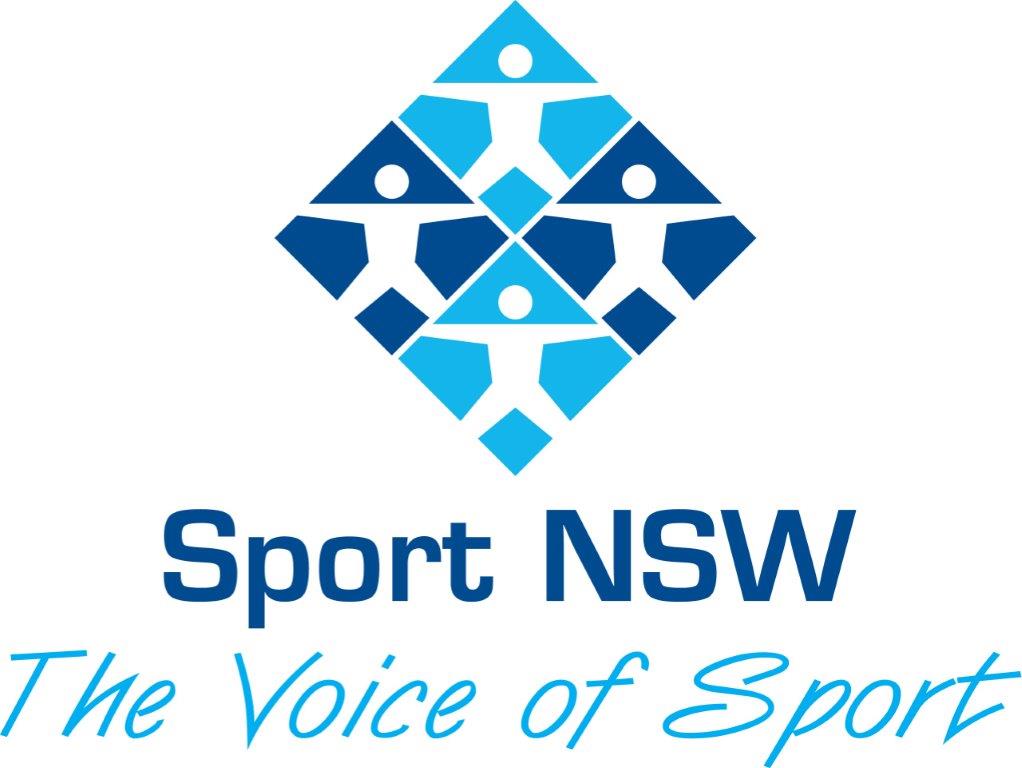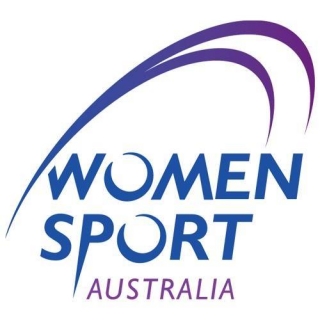One of the great privileges of doing what we do at Sportspeople Recruitment is getting to know our candidates before we refer them for a role. Given the importance of “work” and “career” in the lives of these candidates, the screening and interview process allows them to openly share their experiences, talk about their personal circumstances, their strengths, weaknesses and aspirations.
One of the really common questions we’re asked relates to the likely impact a “parenting break” will have on a career. The pragmatist in me always offers assurance that family should always “trump” career. The reality is, regrettably, often different.
According to recent data from the Human Rights Commission 21% of complaints under the Sex Discrimination Act received by the Commission related to pregnancy discrimination and family responsibilities. Women are reporting discrimination while they are pregnant, on maternity leave and when they return to work, with lost opportunities for promotion, training and continuing their careers. (Source: Australian Human Rights Commission; “Supporting Working Parents: Pregnancy and Return to Work National Review Issues Paper 2013”).
It’s the “lost opportunities for promotion, training and continuing their careers” which resonates with me and reflects a common theme when we discuss career goals with female candidates.
Australian labour force participation data also shows a significant decline for women between the ages of 25-34 compared to men. But participation rates alone don’t mean much if most of the women working are working mostly in low-paid jobs with little prospect of advancement.
Career development theory suggests the “establishment” years are the mid 20’s through to mid 40’s where a person secures a niche in their field and advances within it; while “maintenance”, typically 40’s through to early 60’s, preserves the gains. Biology, of course, plays its hand as these “establishment” years also happen to be the peak childbearing years for women. It’s a double whammy where a woman puts family over career.
Results from the earlier Sportspeople Workplace Surveys show that 76% of those employed part time are female and 40% of females aged between 25 and 34 work part time. For those working full time, 61.8% of females aged 25 to 34 earn a base salary of under $60,000 pa, compared to 49.7% for all other respondents.
While I thought I’d been acutely aware of this debate for most of the 30+ years I’ve worked in sport, the epiphany moment was the personal experiences of my daughter, when she was expecting her first child. One of those “dream-job” opportunities came her way, an acknowledgment of the dedication she’s applied to her work and the skills and experiences she’s built throughout her career. Being 6 months pregnant and with maternity leave not far away, meant the job will go to another person
Here at Sportspeople Recruitment we employ a number of highly skilled, qualified and experienced people. For some we have adjusted the work flow to accommodate their parenting responsibilities, including hours that suit their needs, breaks when they need it and generally doing anything we can to make sure they stay with us. Fortunately, where the employer does need to be reminded, the provisions of the Fair Work Act 2009 ensure flexible work arrangements to assist employees to achieve balance between work and their personal lives.
The real issue here is that work is often measured by hours not output, and taking leave to focus on family responsibilities is not acknowledged as having a high value to the employer. So much talent is being lost, tossed and underutilised.
That pragmatist in me (some may say optimist) believes simple adjustments to our thinking can bring about change.
RM – Sportspeople Recruitment
First Published 2017.





